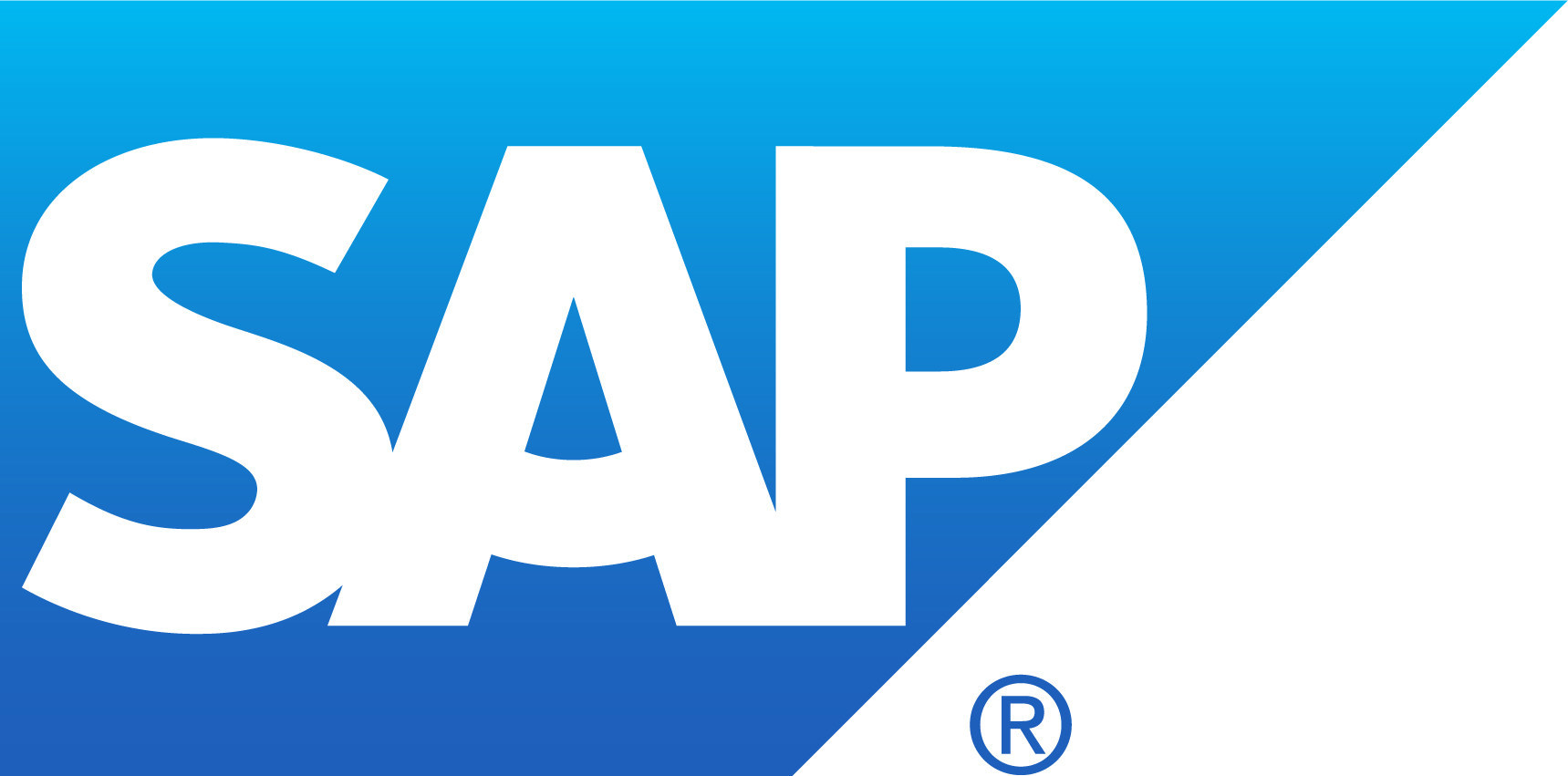SAP
SE Sponsored ADR (SAP, $116.00): “ The Signs Are Positive”
By:
Riley Arnold, AIM Student at Marquette University

Disclosure: The AIM Equity Fund currently holds this
position. This article was written by myself, and it expresses my own opinions.
I am not receiving compensation for it and I have no business relationship with
any company whose stock is mentioned in this article.
Summary
· SAP
SE (NYSE: SAP) is the market leader in enterprise
application software and experience management, analytics, and business
intelligence company with operations in more than 150 countries.
· SAP
has recently made changes to their management, shifting the executive structure
from a co-CEO model to a sole-CEO model under Christian Klein’s leadership. The
COVID-19 outbreak has called for swift action, and SAP has outlined this
measure among several others to combat its effects.
· Though
SAP has been negatively affected by the virus, the company plans to further
push its S/4HANA platform and improve margins through 2023. The company also
trimmed its guidance, with outlooks readjusted anywhere from 75-200 bps to
adjust for decreased demand during the pandemic. Business is expected to
rebound in later 2020 or early 2021 to maintain company growth.
Key
Points:
On
April 20th, 2020, SAP announced the departure of Co-CEO Jennifer
Morgan with the aim of transitioning SAP’s leadership structure from a co-CEO
to sole-CEO model. Christian Klein, the other co-CEO of SAP that was appointed
in October 2019 along with Morgan, is still in place to remain head of SAP in
wake of the pandemic. This restructuring appears to be part of SAP’s reaction
to COVID-19, as the company emphasized a deep need for a very clear leadership
structure that would be able to take swift action to maintain company operations
as the uncertainty of the outbreak continues.
To
help their business partners and other companies combat the negative impacts of
the pandemic, SAP has implemented new policies regarding access to their
software and other business programs. In light of COVID-19, SAP is offering
free access to Remote Work Pulse by Qualtrics, SAP Ariba Discovery, and other
programs to help ease the supply chain disruptions and fragmentation felt by
companies in several industries. For their own employees, SAP has mandated
working from home and reduction of discretionary spending to attempt to
maintain company margins.
SAP
was added to the AIM International Equity portfolio in late September 2019 with
a proposed price target of $151.85 behind the incorporation of the new S/4HANA
product, greater emphasis on the cloud and cloud-based programs, and a margin
improvement program. Since incorporation, the stock performed well before the
full impacts of COVID-19 were realized. SAP was one of the first technology
companies that provided an updated guidance to FY 2020 operations, with slight
decreases in company growth due to decreased demand and business volume. The
company expects this demand and volume to uptick in later 2020 after the pandemic
swell calms down.
What
has the stock done lately?
The
impacts of COVID-19 have not helped SAP, as its share price steeply dropped
from its $139 peak to below $95, mirroring the movement of the AIM
International Portfolio benchmark, ACWX. Once the initial panic of COVID-19 was
overcome, SAP’s share price has begun recovering and has already surpassed
where they were a year ago. While the uncertainty for the pandemic’s full
impact continues to rise, the market and Wall Street are confident in SAP’s
ability to overcome the virus’s effects and continue to boast strong growth
relative to the industry.
Past
Year Performance:
In
a 52-week window, SAP’s price has only increased 1.66%. However, given the
impact of COVID and its long list of operational disruptions, this slight price
increase is significantly better than the benchmark, which posted returns
reaching almost -30% over the same time period. The company’s P/E ratio spiked
in early 2019, peaking at around 45.8 in June and coming back down to around 37
in the current market.
My
Takeaway
As
a recent addition to the AIM portfolio, SAP still has most of its 3-5 year time
horizon to grow and generate returns for the program. The company, through its
S/4HANA product and swift leadership actions, has shown it is not afraid to
adapt its business to any given conditions. With the cost-saving program not
concluding until 2023, SAP’s margins will continue to improve and help the
company capitalize on the accelerated growth it has experienced in years past.
Though productivity and overall operations have decreased during the quarter, the
chance of further downturn in SAP’s operations is slim to none. Given their
strong product portfolio and even-keeled management, it is recommended that the
program hold SAP to generate greater long-term returns and see the company
through the wake of the COVID-19 outbreak.








